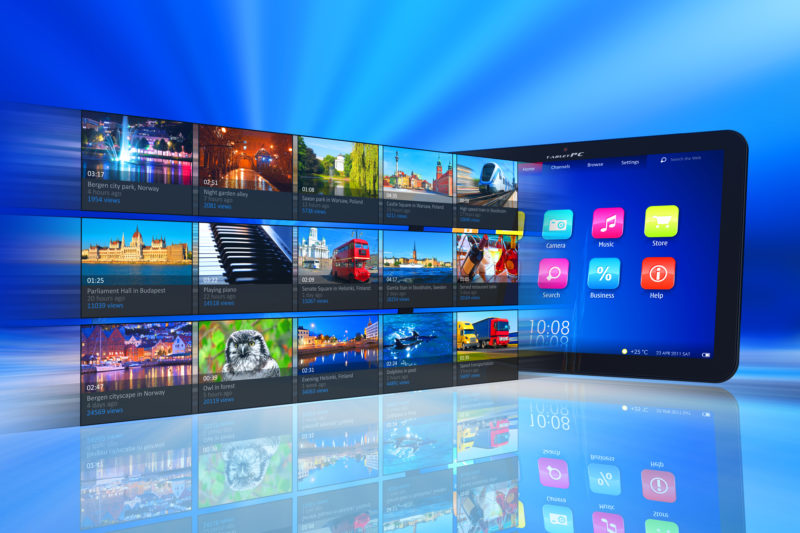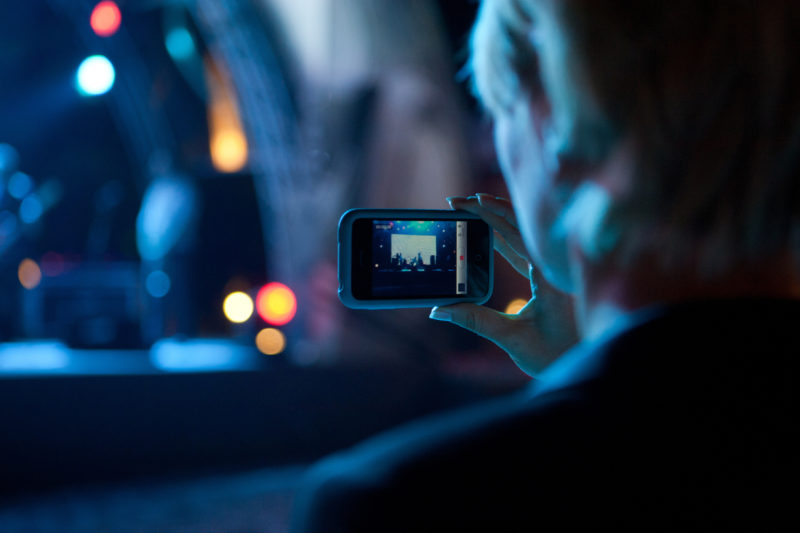The live streaming economy, now a billion dollar activity, remains in the ascendant. With social engagement only increasing the consumer's appetite fo
The live streaming economy, now a billion dollar activity, remains in the ascendant. With social engagement only increasing the consumer’s appetite for authenticity, live streaming is giving them just what they are looking for, in spades. The Olympics and the NFL led the way in this still relatively new technology. The two sporting institutions gave us access to real-time sports and entertainment, not unlike the way in which we used to interact with live television. It seems that other industries and platforms took note of its success too.
Live streaming is everywhere
Brands and media (both traditional and social) are still trying and testing how to best utilise live streaming without sacrificing the business model they have worked so hard to implement. The fact remains, however, that they have no choice but to wake up to the fact that the days of a digital identity being married to a single domain name, platform, or social network, are long gone.
Live streaming isn’t the future. It’s right here, right now. Millions of media consumers are live streaming on such popular platforms as YouTube Live, Facebook Live, and Periscope. Periscope, a platform dedicated to live streaming, boasted over 10 million users in 2015.

But it isn’t just Facebook, or only the wider tech sector, making waves with live streaming. The online gaming industry is also embracing this technology; its interactive nature lending itself to live video. Websites such as bitcasino.io offer site visitors the opportunity to play live dealer games here, amping up the excitement while providing the feel of playing in a real-world casino, while nobody can deny the live streaming success of Twitch, the streaming platform for gamers that was bought by Amazon in 2014.
Facebook’s dedication to live streaming
As ever, the leading social network wasn’t far behind when it came to investing in the latest in online media. In 2016, Facebook decided to a mobile space dedicated to live streaming, via its app.
CEO Mark Zuckerberg said via his Facebook page: “Live is like having a TV camera in your pocket. Anyone with a phone now has the power to broadcast to anyone in the world. This is a big shift in how we communicate, and it’s going to create new opportunities for people to come together.”
An article, featured on the online version of Wired magazine, suggested that Facebook’s reported plan to entice media companies and celebrities to use live streaming through financial incentives may be a hint of things to come. Whichever way Facebook decide to go, it’s set to be an exciting development, for both those consuming content and those brands seeking further exposure.
Facebook’s peers are also waking up to the power of live streaming. Amazon, for example, live streamed a Mackelmore concert. As far as the aforementioned Olympics goes, the event streamed 4,500 hours of live competition in the 2016 Games.

Digital video ad spend set to increase further
The BI (Business Insider) intelligence report assessed the growth of online video, both with regards to consumer engagement and brand advertisement.
One of the key predictions from the report is that advertisers will invest even more in online video, with live streaming playing a significant role. In the US alone, digital video advertising revenue reached $7.8 billion (£6 billion) in 2015, a 55% increase from the previous year, according to numbers released by the Internet Advertising Bureau.



















































































































COMMENTS